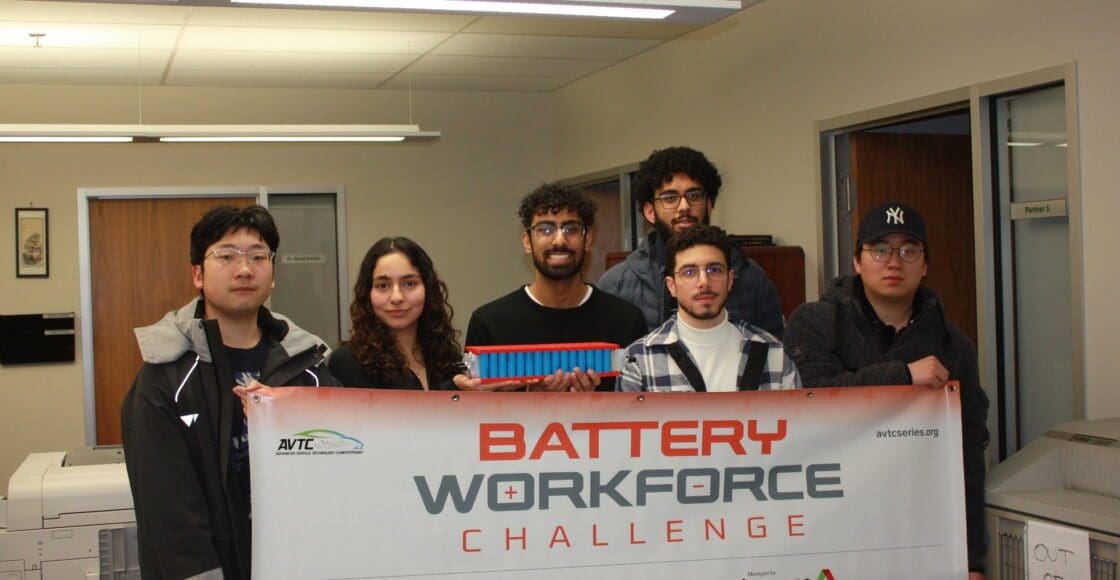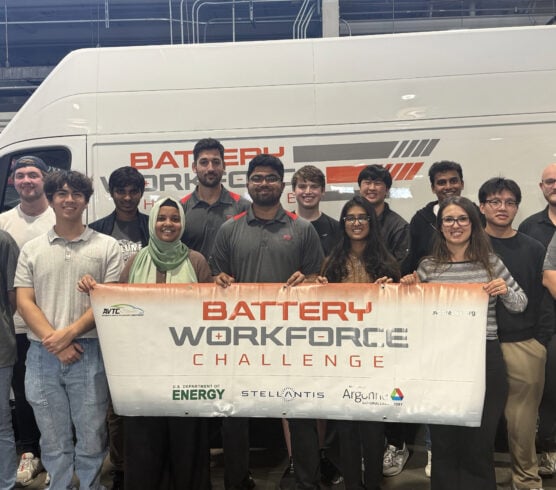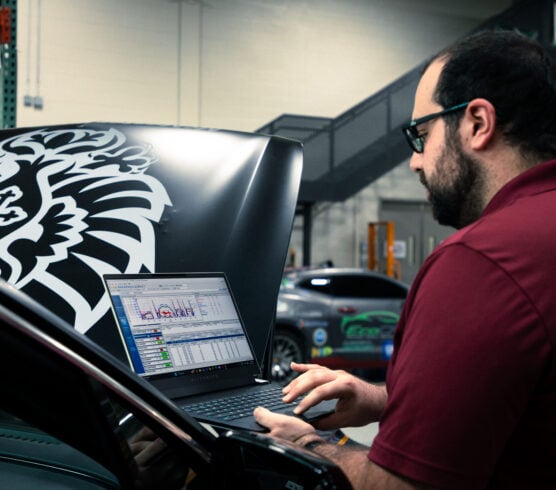By Cooper Coyle
Team members from the McMaster University & Mohawk College Battery Workforce Challenge team are well underway with year one of the BattChallenge.
Students have begun the analytical research phase of developing an EV battery pack to be implemented into a Stellantis Ram ProMaster by year three of the competition. The benefit of developing forward-thinking battery designs is not limited to creating a path of reduced carbon emission via electrified transport, but it also extends to the knowledge and skills gained from the experience.
Students partaking in the BattChallenge represent the future workforce which will one day become the driving force in the automotive industry. In the program’s current stage, the primary focus for students is prototyping both software and hardware elements of the battery. Each team is composed of members operating under a student in a designated leadership role to streamline the process of collaboration.
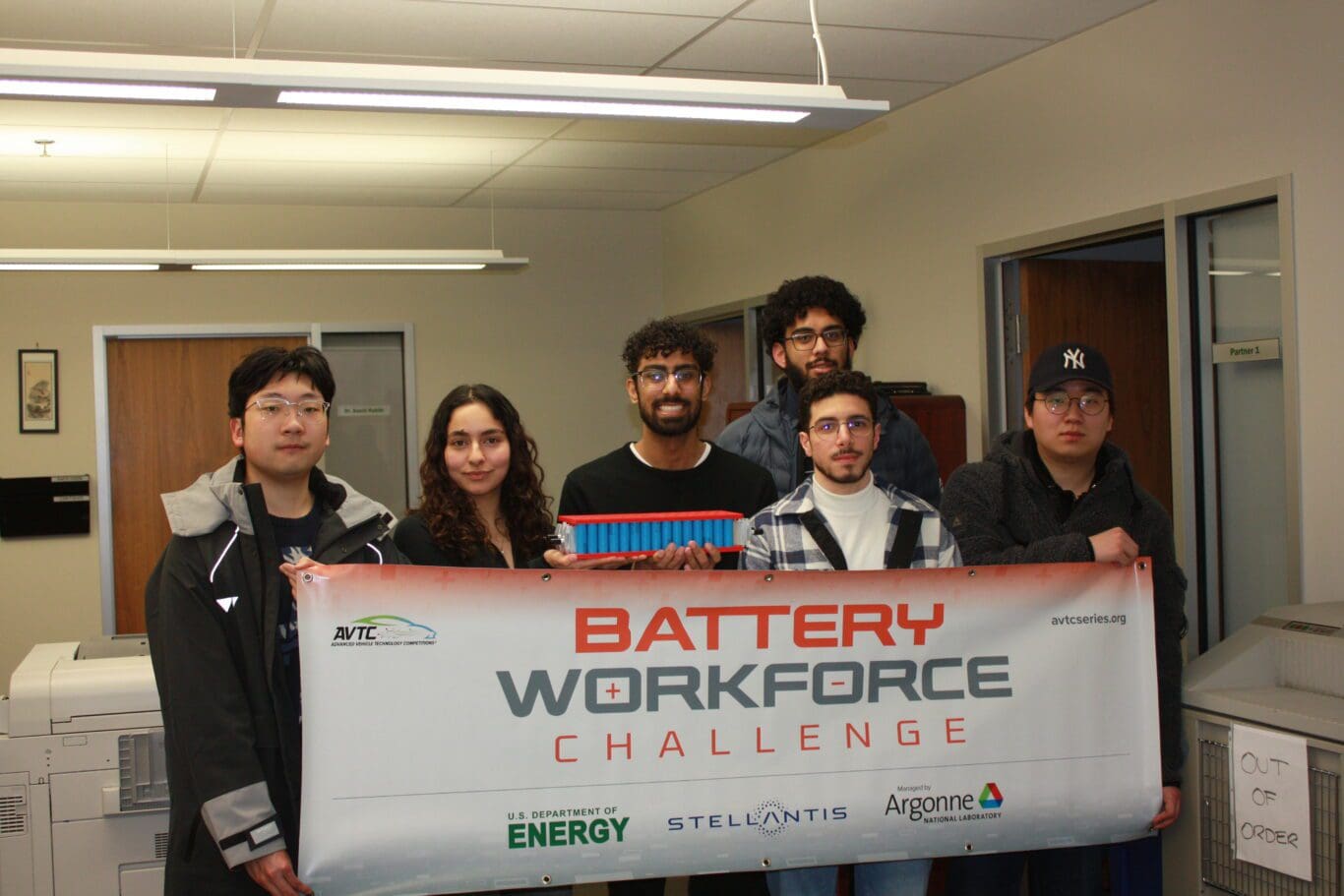
Software lead Kailin Chu has been involved with the technical team since the start of the challenge. The opportunity to take part in the program and work with sponsors from real industry leaders has helped her and many others apply program knowledge within a professional context.
“Participating in the Battery Workforce Challenge has helped me better understand how what we learn at school can be applied on an industry level,” Chu said. “It’s also helped me further develop technical, problem-solving and teamwork skills through a hands-on project.”
Through the BattChallenge, Chu has been able to work with many other McMaster and Mohawk students, both within and outside of her engineering program, who she might not have otherwise met.
“It’s also been cool getting to learn from grad students and faculty mentors, as well as connect with teams across North America,” Chu said.
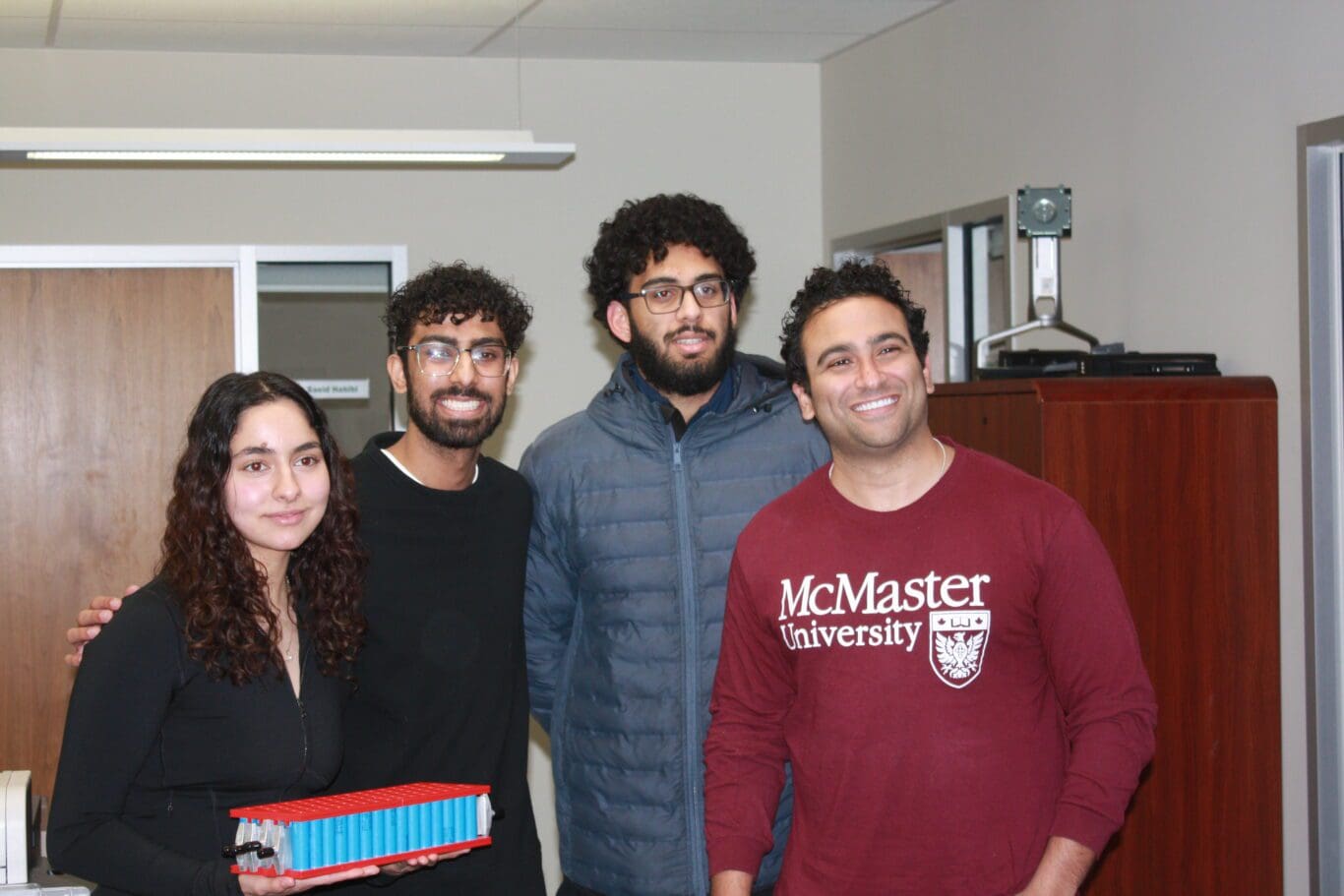
Team lead Adam Khalid is responsible for leading the hardware team. Khalid got involved with the BattChallenge for the opportunity to work with Stellantis and other sponsors. Managing the McMaster & Mohawk BattChallenge team’s hardware crew has allowed Khalid to explore the project management field, an aspect of engineering he never thought that he would look to pursue. Over the past few months, Khalid has realized that he enjoys the new role.
“I’ve learnt so much about being a better leader and communicator, and I will bring those capabilities with me in my career,” said Khalid, who now sees the opportunity as not just a chance to work with industry, but also establish his own professional network within his field of industry.
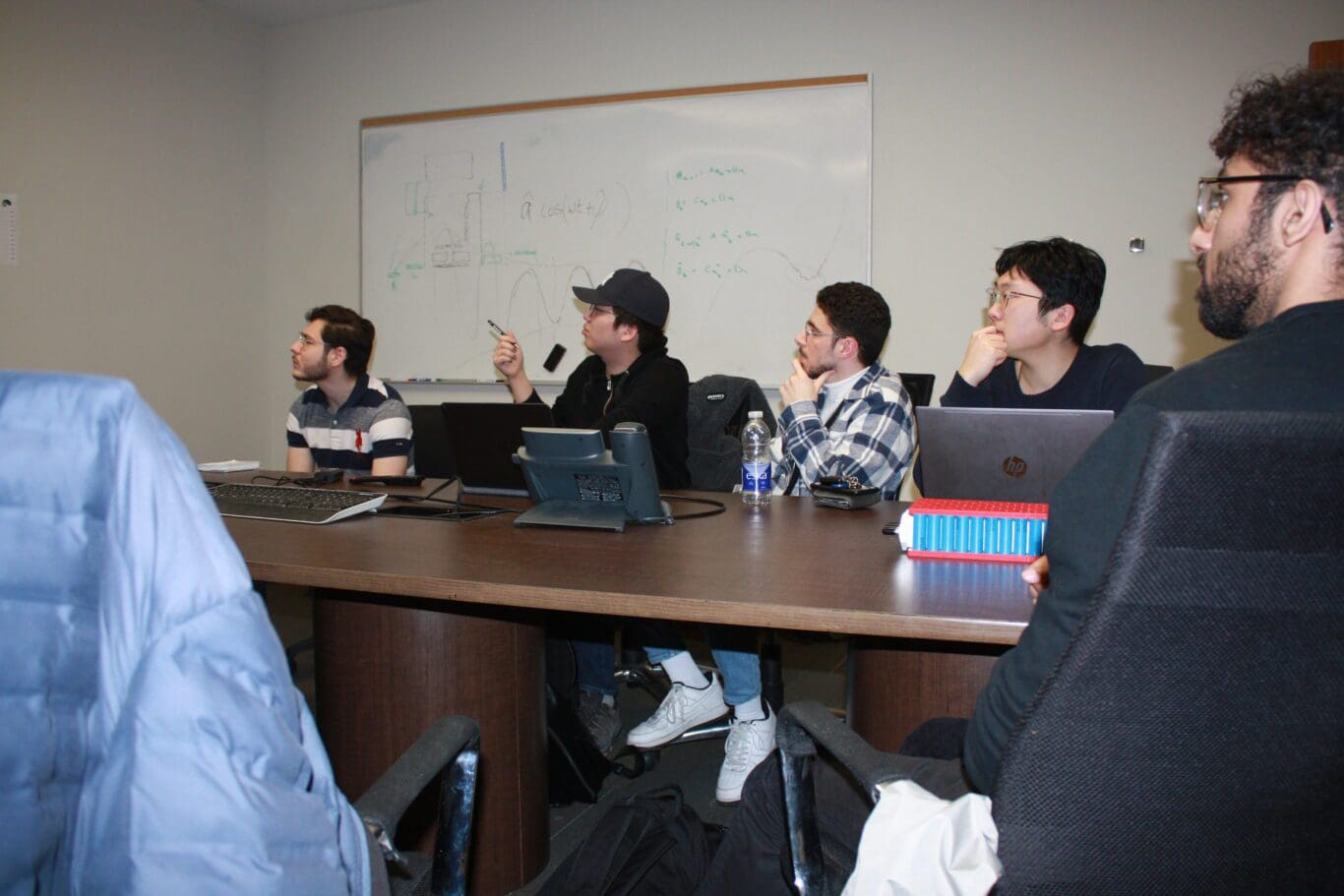
“My professional network has expanded within my school and the industry, Khalid added. “By working with the mentors for the challenge, I’ve created great relationships with all of them and met so many gifted individuals. Additionally, the sponsored workshops help us create connections throughout the industry and with everyone from competing universities.”
The strong leadership of students like Khalid and Chu will no doubt be instrumental to the success of their teams. Their leadership also sets the stage for a continued collaboration of ideas and resources between all members representing the McMaster University & Mohawk College BattChallenge team. They remain thankful for the opportunity to take part in a program with notable industry sponsors who are providing them with unique access to components and systems that might otherwise be unavailable or costly for students.
